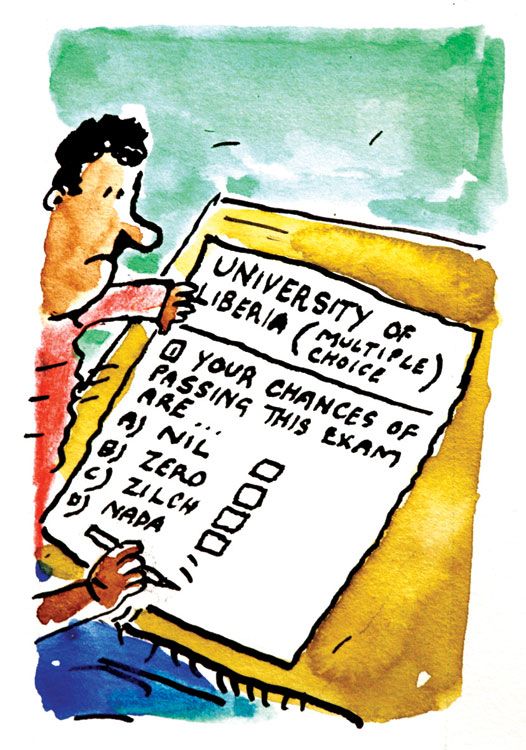
- The Russell Group took some flak in the letters page of The Guardian on 23 August. Readers objected that it was “not true” to say that the group’s universities “are the best” and took issue with its assertion that its members record 88 per cent average satisfaction scores in the National Student Survey, compared with 85 per cent across the sector. If the NSS were “similar to other polls carried out by Ipsos Mori, its accuracy would fall in the range of +/-3 per cent and the differences between the Russell Group and the overall average would not be statistically significant”, said one anonymous reader. Earlier this month, research carried out for the Department for Business, Innovation and Skills found that attending a Russell Group university had “no statistically significant effects” on graduate earnings. At least the group’s entry fee for its four newest members – £500,000 each – is statistically significant.
- The University of Oxford’s record of producing right-wing political leaders who spent their student days in violent clubs or societies continues to sparkle. Although Tony Abbott, favourite to win Australia’s federal election next month, was not a member of the rowdy Bullingdon Club (unlike Boris Johnson, David Cameron and George Osborne), he was a rugby union player and boxing “blue”. Phil Crowe, the Oxford rugby team’s captain at the time, told The Guardian for a profile published on 24 August that Mr Abbott, a Rhodes scholar from 1981 to 1983, would sometimes respond to opposition players giving him a hard time “with a quick right jab” when the referee wasn’t looking. Australian universities pleading for funds may have to be wary if Mr Abbott’s Liberal-National Coalition wins the poll on 7 September.
- Donald Trump is being sued for $40 million (£25.8 million) by New York’s attorney general, Eric Schneiderman, over claims that the billionaire helped run a “university” that falsely promised to make students rich, the Daily Mail reported on 25 August. “Trump University engaged in deception at every stage of consumers’ advancement through costly programs and caused real financial harm,” Mr Schneiderman said. Many of the 5,000 students who paid up to $35,000 thought they would at least meet Mr Trump, but all they got was their picture taken in front of a life-sized picture of him, the attorney general added. After state education department officials told Mr Trump to change the institution’s name as it did not meet the legal definition of a university, it became the Trump Entrepreneur Institute in 2011. Mr Trump’s lawyer said the suit was “politically motivated”.
- In an extremely vigorous defence of academic standards, the University of Liberia has failed all 25,000 students who sat this year’s entrance exam for the institution, one of two state-run universities in the country. “It means that the overcrowded university will not have any new first-year students when it reopens next month,” the BBC News website reported on 26 August. “I know there are a lot of weaknesses in the schools, but for a whole group of people to take exams and every single one of them to fail, I have my doubts about that,” education minister Etmonia David-Tarpeh said. “It’s like mass murder.” However, university spokesman Momodu Getaweh, displaying a Michael Gove-like commitment to academic rigour, said: “In English, the mechanics of the language, they didn’t know anything about it. So the government has to do something.”
- Without an annual rise in A‑level grades to fuel tabloid vitriol, it would normally be left to that other old chestnut – UK students denied places because of “quotas” – to fill the void. However, the coalition has lifted such quotas for high-grade students. What to do? Thankfully, medical degrees, still under strict number controls, can give life to the dead donkey. Enter the Daily Mail on 26 August, which reported that a limit on the number of UK undergraduates studying medicine meant that the NHS had to recruit thousands of doctors trained overseas. Foreigners, private school students failing to get into university and problems with the NHS: a heady mix for middle-class readers enjoying their sunshine in the Dordogne.